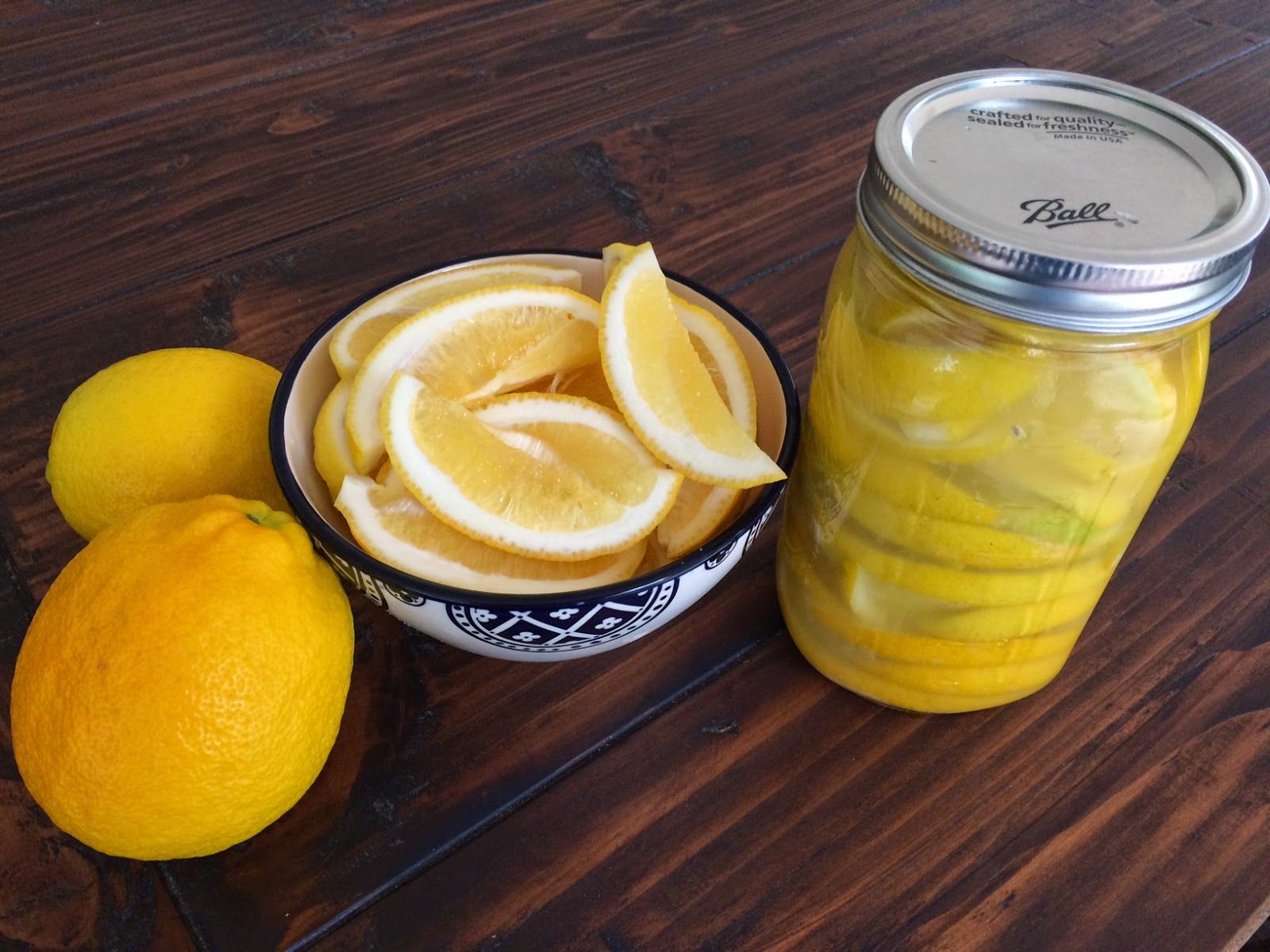

Articles
How To Store Lemon Juice
Modified: February 24, 2024
Learn the best methods for storing lemon juice in this informative article. Keep your lemon juice fresh and flavorful for longer with these helpful tips.
(Many of the links in this article redirect to a specific reviewed product. Your purchase of these products through affiliate links helps to generate commission for Storables.com, at no extra cost. Learn more)
Introduction
Lemon juice is a versatile ingredient that is used in various dishes, beverages, and even for household cleaning purposes. It adds a tangy kick and a refreshing flavor to recipes, making it a staple in many kitchens. However, lemons are not always available year-round or in large quantities. That’s where knowing how to store lemon juice comes in handy.
Storing lemon juice allows you to have a convenient supply of this citrusy liquid on hand whenever you need it. Whether you have an abundance of lemons that you want to preserve or you simply want to make the most of a lemon harvest, there are a few different methods you can use to store lemon juice effectively.
In this article, we will explore the benefits of storing lemon juice and provide step-by-step instructions for three different methods: freezing lemon juice, canning lemon juice, and using preservatives. We will also share some handy tips to help you store lemon juice properly and maintain its freshness for longer periods.
So, if you’re ready to make your lemon juice last longer and always have it available, let’s dive into the various methods and tips to store lemon juice effectively!
Key Takeaways:
- Preserve the tangy goodness of lemon juice year-round with freezing, canning, or preservatives. Enjoy convenience, extended shelf life, and cost savings while adding a burst of citrus flavor to your dishes and drinks.
- Follow expert tips to store lemon juice effectively, from choosing ripe lemons to proper labeling and storage. Whether freezing, canning, or using preservatives, maintain the freshness and quality of your citrusy liquid for versatile use.
Read more: How To Store Fresh Lemon Juice
Benefits of Storing Lemon Juice
Storing lemon juice not only allows you to have a readily available supply of this citrusy liquid but also offers a range of benefits. Here are some key advantages of storing lemon juice:
- Convenience: Having pre-squeezed lemon juice on hand makes it incredibly convenient when you’re in a hurry or don’t have fresh lemons readily available. It saves you time and effort, especially when you need lemon juice for recipes or drinks.
- Extended Shelf Life: Freshly squeezed lemon juice has a relatively short shelf life, usually lasting only a few days in the refrigerator. By properly storing it, you can prolong its freshness and usability for weeks or even months, depending on the storage method used.
- Year-Round Availability: Lemons are a seasonal fruit, and their availability may vary throughout the year. Storing lemon juice allows you to enjoy the benefits of lemons even when they are out of season or not easily accessible.
- Cost-effective: Buying lemons in bulk when they are in season and squeezing them to create lemon juice that can be stored is a cost-effective approach. It allows you to take advantage of lower prices during peak season while still enjoying lemon juice throughout the year.
- Flavor Preservation: Properly stored lemon juice retains its fresh and tangy flavor, allowing you to use it in various recipes without compromising on taste. Instead of relying on bottled lemon juice with added preservatives, you can create your own natural lemon juice with enhanced flavor.
Overall, storing lemon juice offers convenience, cost savings, and the ability to enjoy the flavor of lemons year-round. It allows you to make the most of this versatile ingredient and adds a burst of citrusy goodness to your culinary creations.
Method 1: Freezing Lemon Juice
Freezing lemon juice is one of the most common and effective methods to store it for an extended period. This method retains the freshness and flavor of the juice, allowing you to have lemon juice at your fingertips whenever you need it. Here’s how you can freeze lemon juice:
- Start by squeezing fresh lemons to extract the juice. You can use a handheld lemon squeezer or a citrus juicer to make the process easier.
- Strain the lemon juice to remove any seeds or pulp. This step ensures that the frozen lemon juice remains smooth and easy to use in various recipes.
- Prepare an ice cube tray by cleaning it thoroughly and ensuring it is dry.
- Pour the lemon juice into the ice cube tray, filling each cube compartment about three-quarters full. Leave some space for expansion as the juice freezes.
- Place the ice cube tray in the freezer and allow the lemon juice to freeze completely. This usually takes around 2-4 hours, depending on the temperature of your freezer.
- Once the lemon juice cubes are frozen solid, remove the tray from the freezer. Pop out the lemon juice cubes and transfer them to a freezer-safe container or bag.
- Label the container or bag with the date of freezing to keep track of its freshness.
- Return the container or bag to the freezer and ensure it is tightly sealed. Frozen lemon juice can be stored in the freezer for up to six months.
When you need to use the frozen lemon juice, simply take out the required number of cubes and thaw them in the refrigerator overnight or by placing them in a microwave-safe container and defrosting them slowly using the defrost setting. Remember to only thaw the amount of lemon juice you need to avoid waste.
Freezing lemon juice is a great way to preserve its freshness and flavor for an extended period. It allows you the flexibility to use the juice as needed, while also reducing food waste by utilizing excess lemons efficiently.
Method 2: Canning Lemon Juice
Canning lemon juice is another excellent method for storing lemon juice for extended periods without the need for freezing. Canning preserves the flavor and freshness of the juice, making it a great option for long-term storage. Here’s a step-by-step guide on how to can lemon juice:
- Begin by sterilizing your canning jars and lids. You can do this by placing them in boiling water for a few minutes or using a dishwasher’s sterilizing cycle.
- While the jars are sterilizing, squeeze fresh lemons to extract the juice. Strain the juice to remove any seeds or pulp.
- In a large saucepan, heat the lemon juice until it reaches a gentle simmer, but do not let it boil.
- Pour the hot lemon juice into the sterilized jars, leaving about a ½ inch of headspace at the top.
- Wipe the rim of each jar with a clean, damp cloth to remove any residue or spills. This ensures a proper seal.
- Place the lids on the jars and tighten the screw bands until they are fingertip tight. Do not overtighten.
- Process the jars in a boiling water canner for the recommended amount of time, usually around 15 minutes.
- After processing, carefully remove the jars from the canner and allow them to cool on a heat-resistant surface.
- Check the seals on the jars once they have cooled. The lids should be concave and not flex when pressed in the center. If any jars did not seal properly, refrigerate them and use the lemon juice within a few days.
- Label the jars with the date and store them in a cool, dark place. Canned lemon juice can be stored for up to a year.
When you’re ready to use the canned lemon juice, simply open a jar, stir the contents to ensure any settlement is mixed back in, and pour out the desired amount.
Canning lemon juice is a reliable method for long-term storage, allowing you to enjoy fresh lemon juice even when lemons are not readily available. It’s an excellent option for those who prefer a shelf-stable solution for their lemon juice storage needs.
Store lemon juice in an airtight container in the refrigerator to keep it fresh for up to a week. You can also freeze it in ice cube trays for longer storage.
Method 3: Using Preservatives
Using preservatives is another method to store lemon juice and extend its shelf life. While this approach involves the addition of preservatives, it is an effective way to keep lemon juice fresh for an extended period. Here’s how you can store lemon juice using preservatives:
- Squeeze fresh lemons to extract the juice, and strain it to remove any seeds or pulp.
- Measure the lemon juice and note the exact quantity.
- Add the appropriate amount of preservative to the lemon juice according to the manufacturer’s instructions. The most commonly used preservatives for storing lemon juice are citric acid or vitamin C powder.
- Stir the preservative into the lemon juice until it is fully dissolved.
- Transfer the lemon juice with the preservative into clean, sterilized jars or bottles.
- Seal the containers tightly with lids or caps.
- Label the containers with the date of preparation and the type of preservative used.
- Store the lemon juice in the refrigerator to maintain its freshness.
Using preservatives helps inhibit the growth of bacteria, mold, and yeast, extending the shelf life of the lemon juice. However, it’s important to note that the addition of preservatives may alter the taste and flavor of the juice slightly. Therefore, it’s best to use the preserved lemon juice within a reasonable amount of time to ensure optimal taste.
When using preserved lemon juice, ensure that you check the expiration date of the preservative used and follow proper storage guidelines. Additionally, always refer to the manufacturer’s instructions for the specific preservative you are using, as the recommended quantity may vary.
Using preservatives offers a convenient way to store lemon juice for longer periods, allowing you to have a readily available supply of tangy citrus goodness whenever you need it.
Read more: How To Store Fresh Squeezed Lemon Juice
Tips for Storing Lemon Juice
Proper storage techniques can help you maintain the freshness and quality of your stored lemon juice. Here are some helpful tips to ensure optimal storage of your lemon juice:
- Choose ripe, fresh lemons: Use ripe lemons to extract the juice, as they will have the best flavor and yield a more vibrant juice.
- Use clean, sterilized containers: Before storing the lemon juice, make sure the containers or bottles you use are thoroughly cleaned and sterilized.
- Label and date: Always label your stored lemon juice with the date of preparation to keep track of its freshness.
- Store in small portions: If you don’t use much lemon juice at once, consider storing it in smaller portions to avoid unnecessary thawing or waste.
- Keep in airtight containers: Whether you are freezing or canning lemon juice, ensure that the containers you use are airtight to prevent freezer burn or contamination.
- Minimize air exposure: When freezing lemon juice in ice cube trays, tightly cover the tray with plastic wrap or place it in a freezer bag to minimize air exposure.
- Store in a dark and cool place: For canned lemon juice, store the jars in a cool, dark place away from direct sunlight to maintain its quality and prevent deterioration.
- Use approved canning methods: If you choose to can lemon juice, follow proper canning procedures and ensure that the jars are adequately processed for preservation.
- Thaw gently: When thawing frozen lemon juice, do it gradually in the refrigerator or using the defrost setting on your microwave to preserve its flavor and texture.
- Inspect for spoilage: Before using stored lemon juice, always check for any signs of spoilage, such as off smells, mold, or unusual discoloration. If in doubt, discard it.
By following these tips, you can ensure that your stored lemon juice remains fresh and delicious, ready to add a burst of citrus flavor to your favorite recipes.
Conclusion
Knowing how to store lemon juice is a valuable skill that allows you to enjoy the tangy freshness of lemons throughout the year. Whether you have an abundance of lemons to preserve or simply want to have a convenient supply of lemon juice on hand, the methods outlined in this article offer effective ways to store lemon juice for extended periods.
Freezing lemon juice provides a simple and versatile solution, allowing you to portion out the juice and easily thaw it when needed. Canning lemon juice preserves its flavor and freshness while offering a shelf-stable option for long-term storage. Using preservatives provides another way to extend the shelf life of lemon juice, ensuring it remains usable for an extended period.
Regardless of the method you choose, it is important to follow proper storage techniques, such as using clean containers, proper labeling, and storing in appropriate conditions. By doing so, you can maintain the quality and flavor of your stored lemon juice.
With the tips provided in this article, you can confidently store lemon juice and enjoy its numerous benefits. Whether you need lemon juice for recipes, drinks, or cleaning purposes, having it readily available allows you to add a burst of citrusy goodness to your culinary creations.
So, the next time you come across a surplus of lemons or want to make the most of their seasonal availability, don’t hesitate to store lemon juice using the methods shared in this article. With the right techniques, you can always have the zesty tang of lemons at your fingertips, enhancing your dishes and bringing a refreshing twist to your daily routine.
Frequently Asked Questions about How To Store Lemon Juice
Was this page helpful?
At Storables.com, we guarantee accurate and reliable information. Our content, validated by Expert Board Contributors, is crafted following stringent Editorial Policies. We're committed to providing you with well-researched, expert-backed insights for all your informational needs.
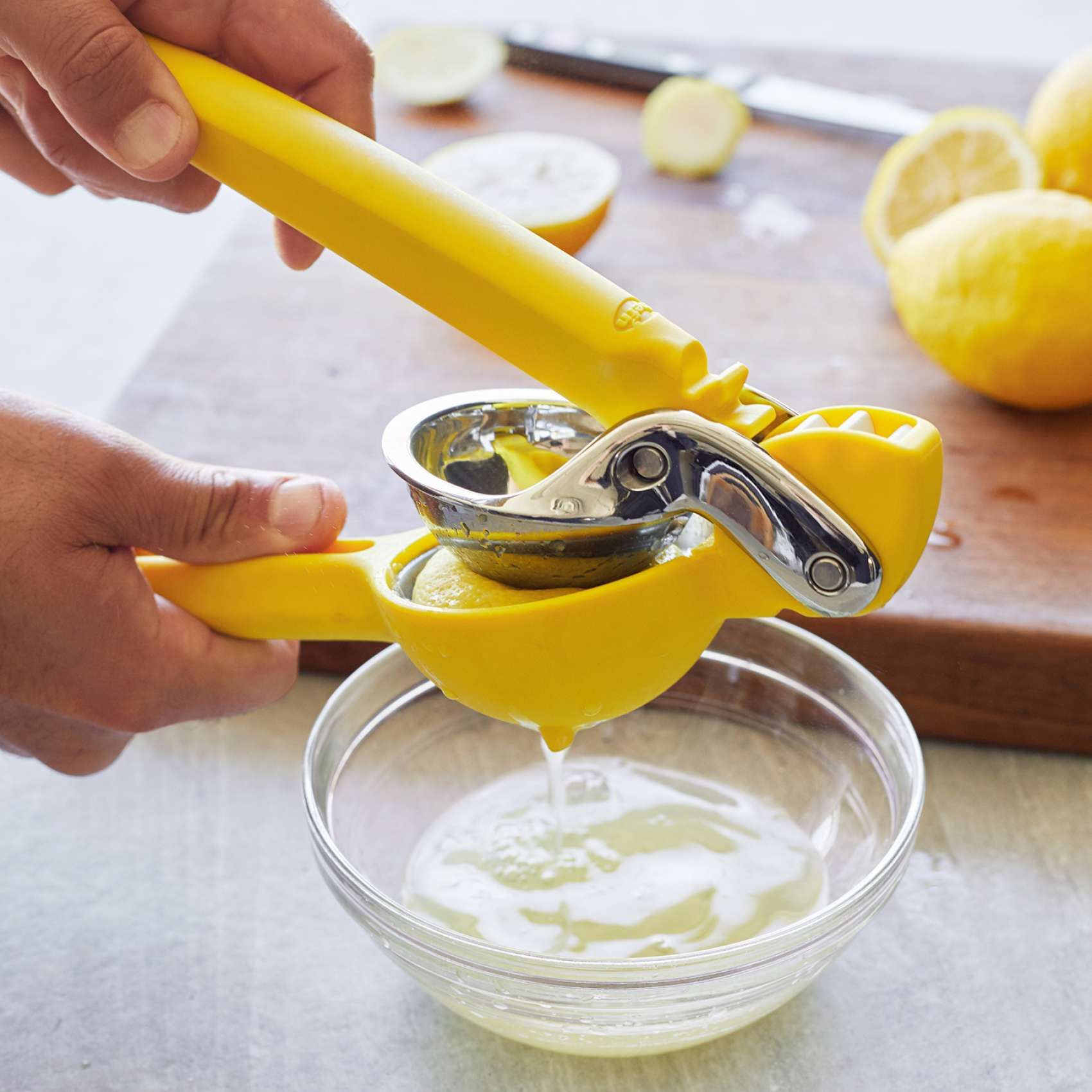
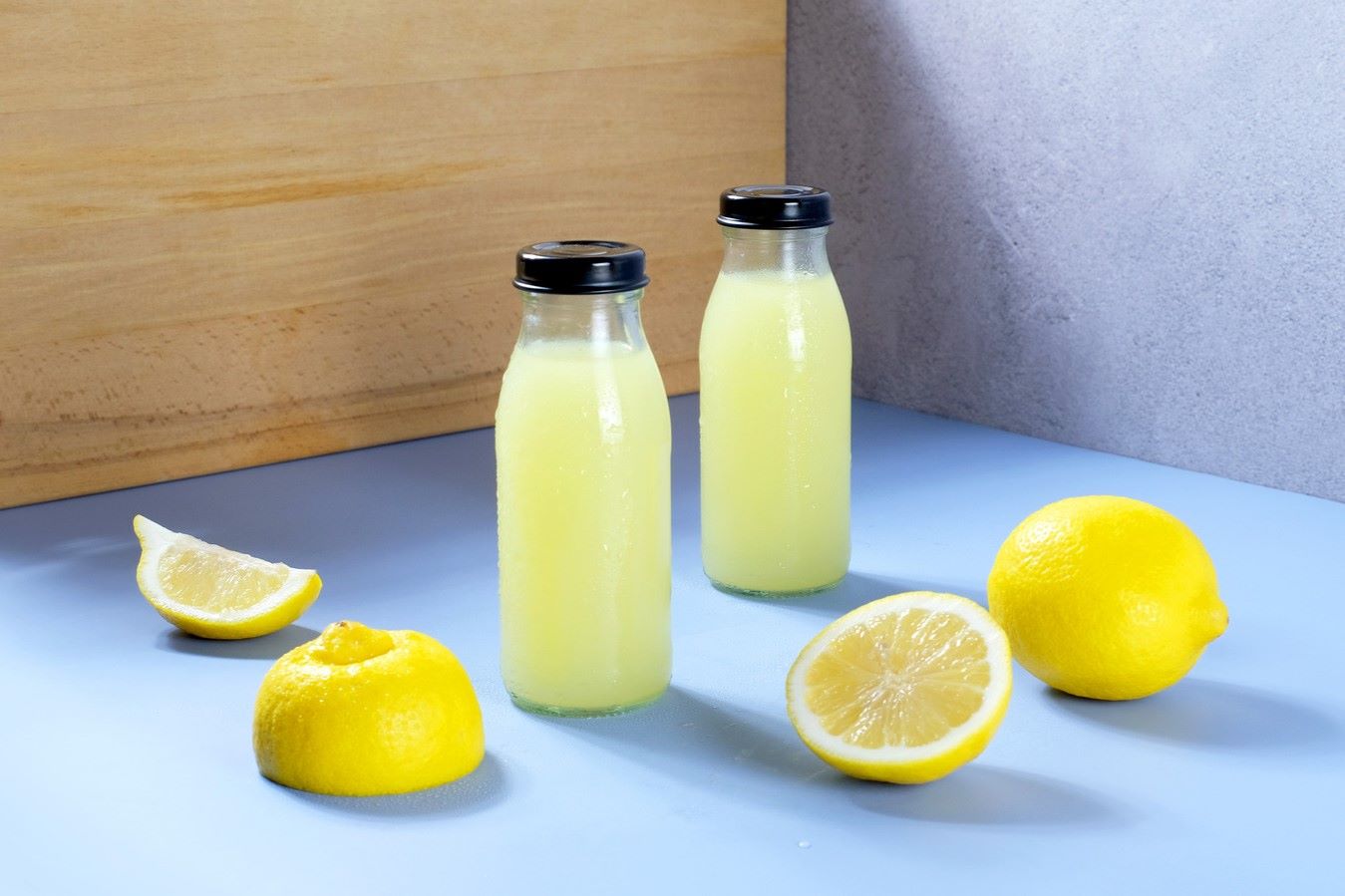
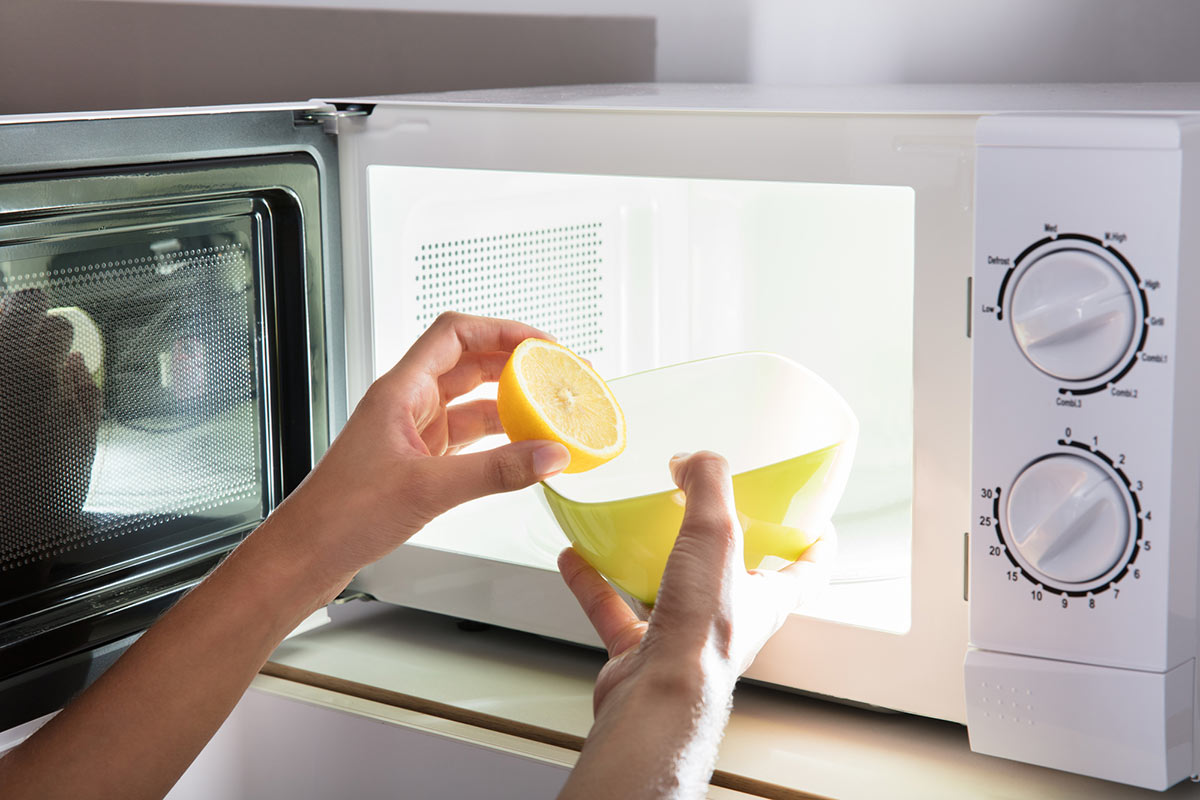
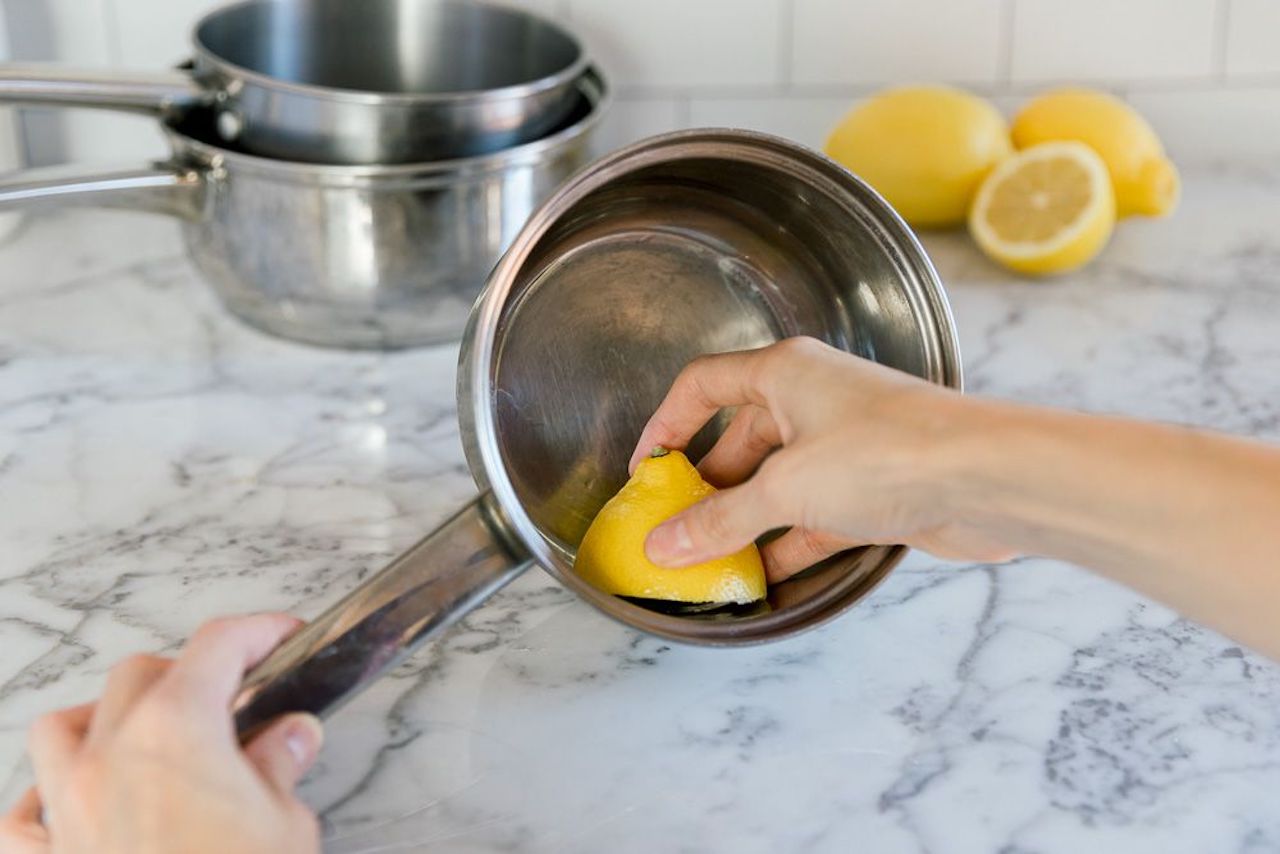


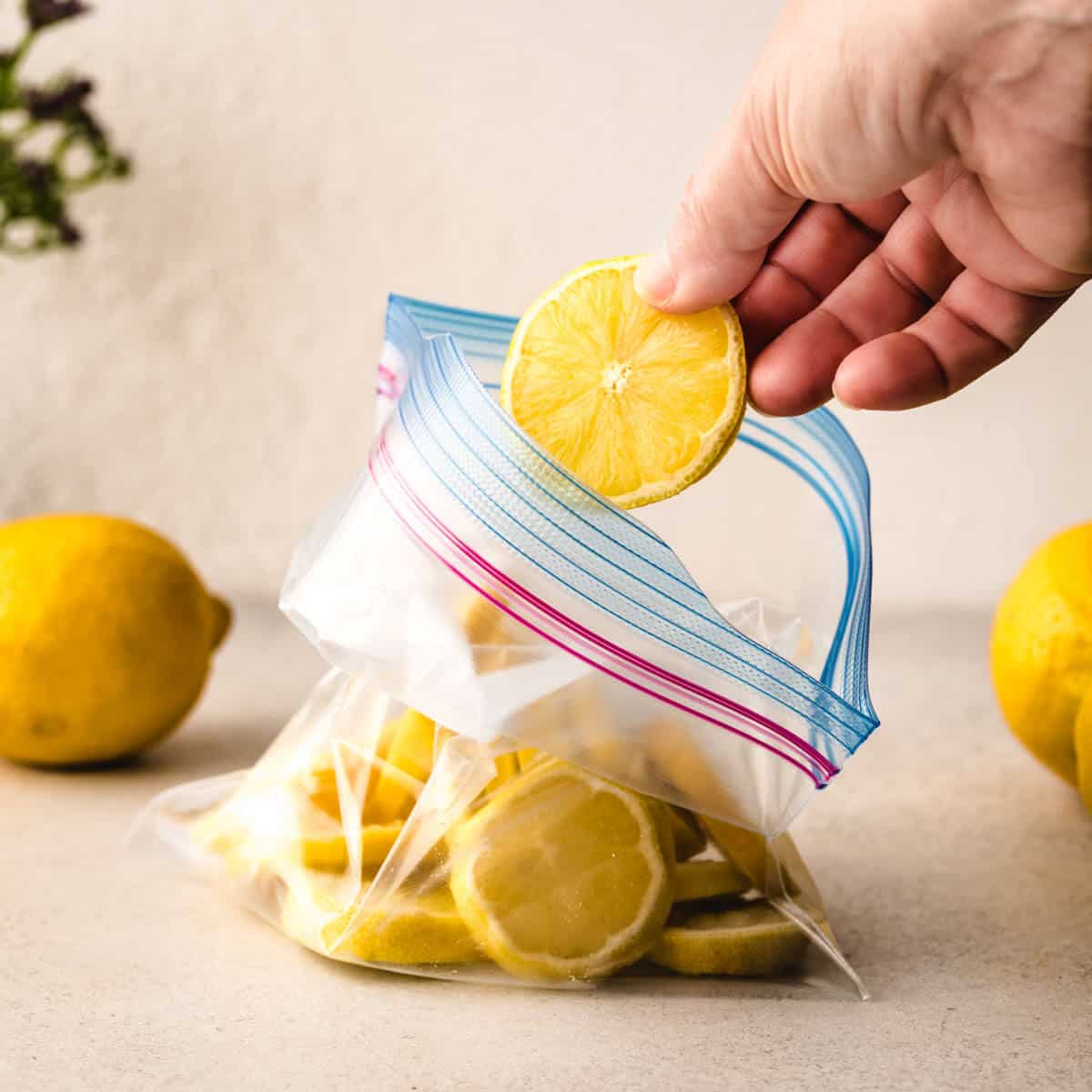
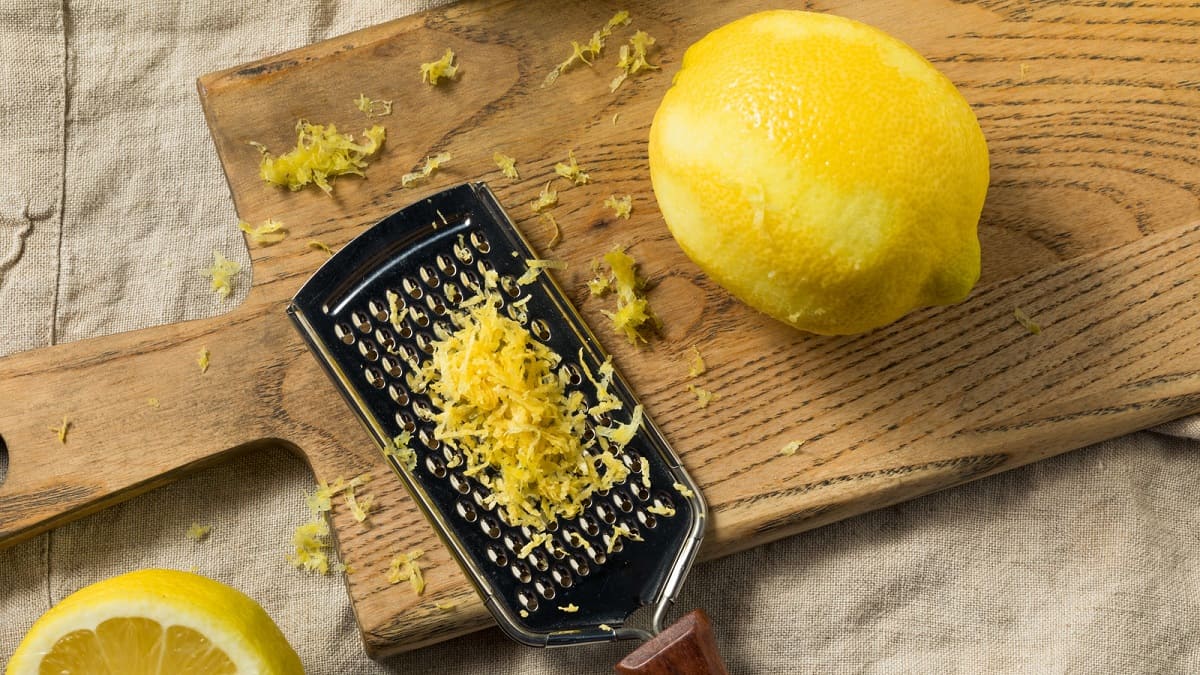



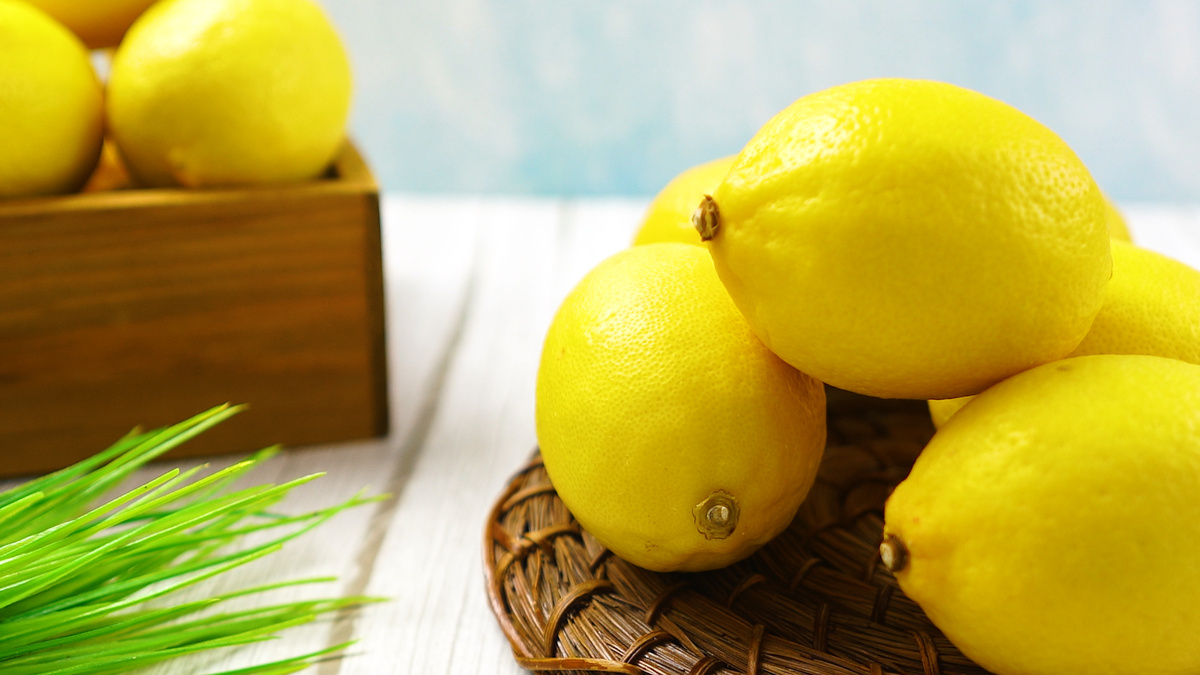
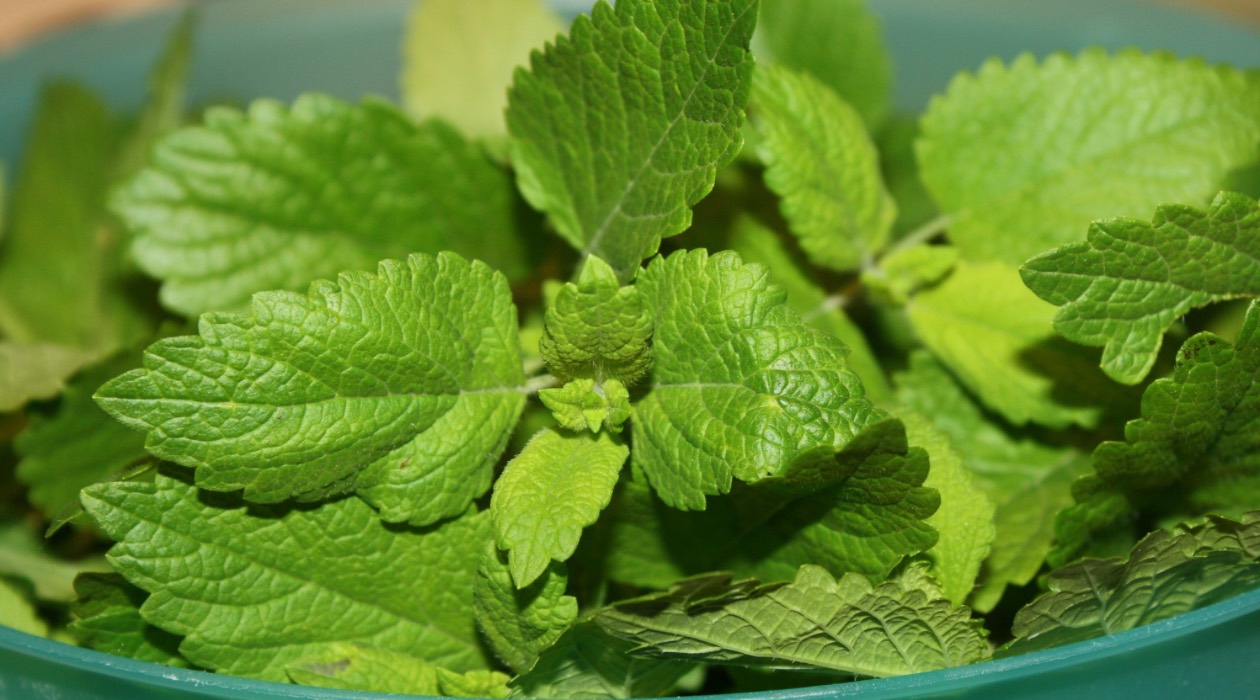
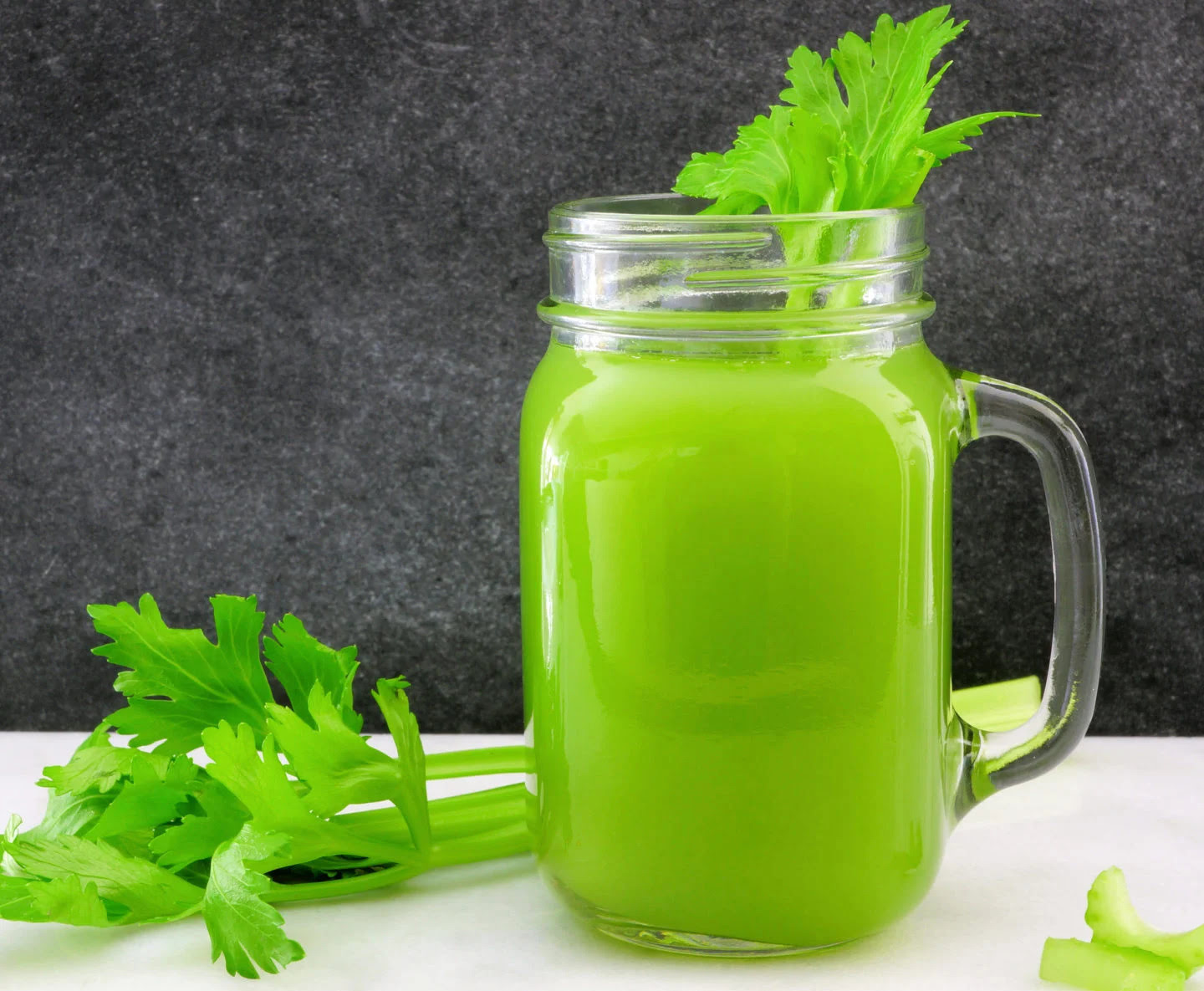

0 thoughts on “How To Store Lemon Juice”